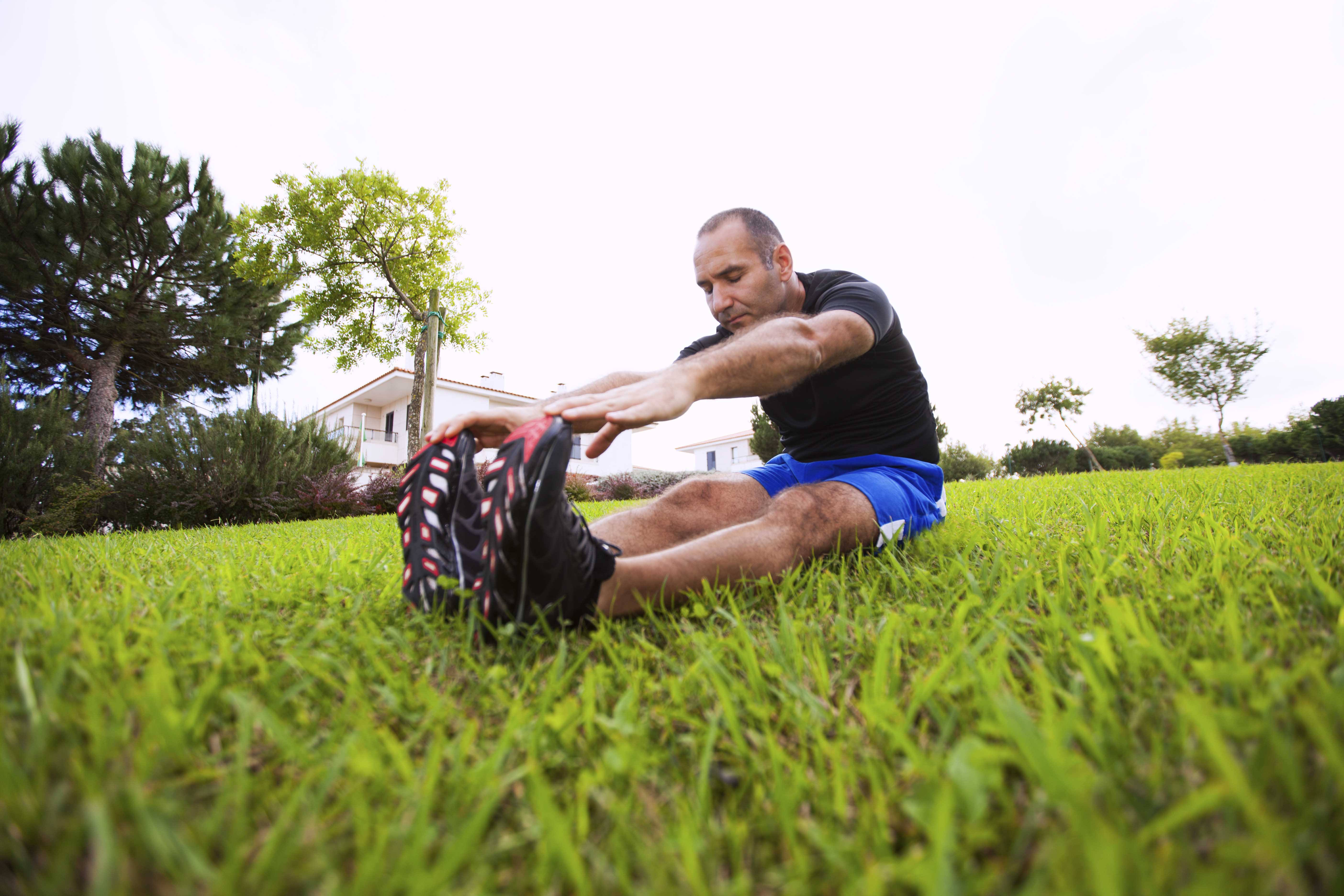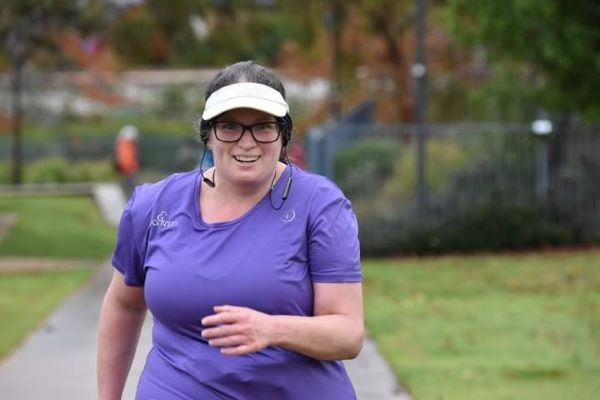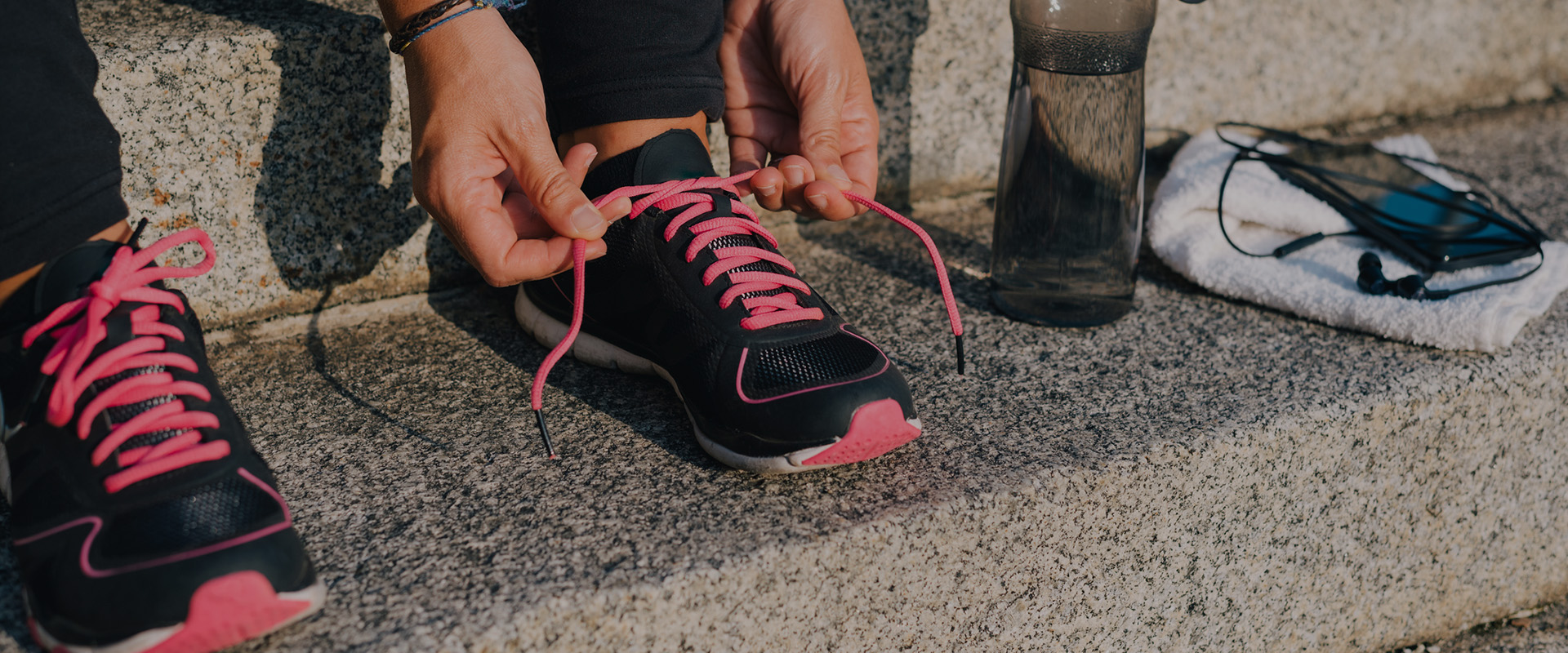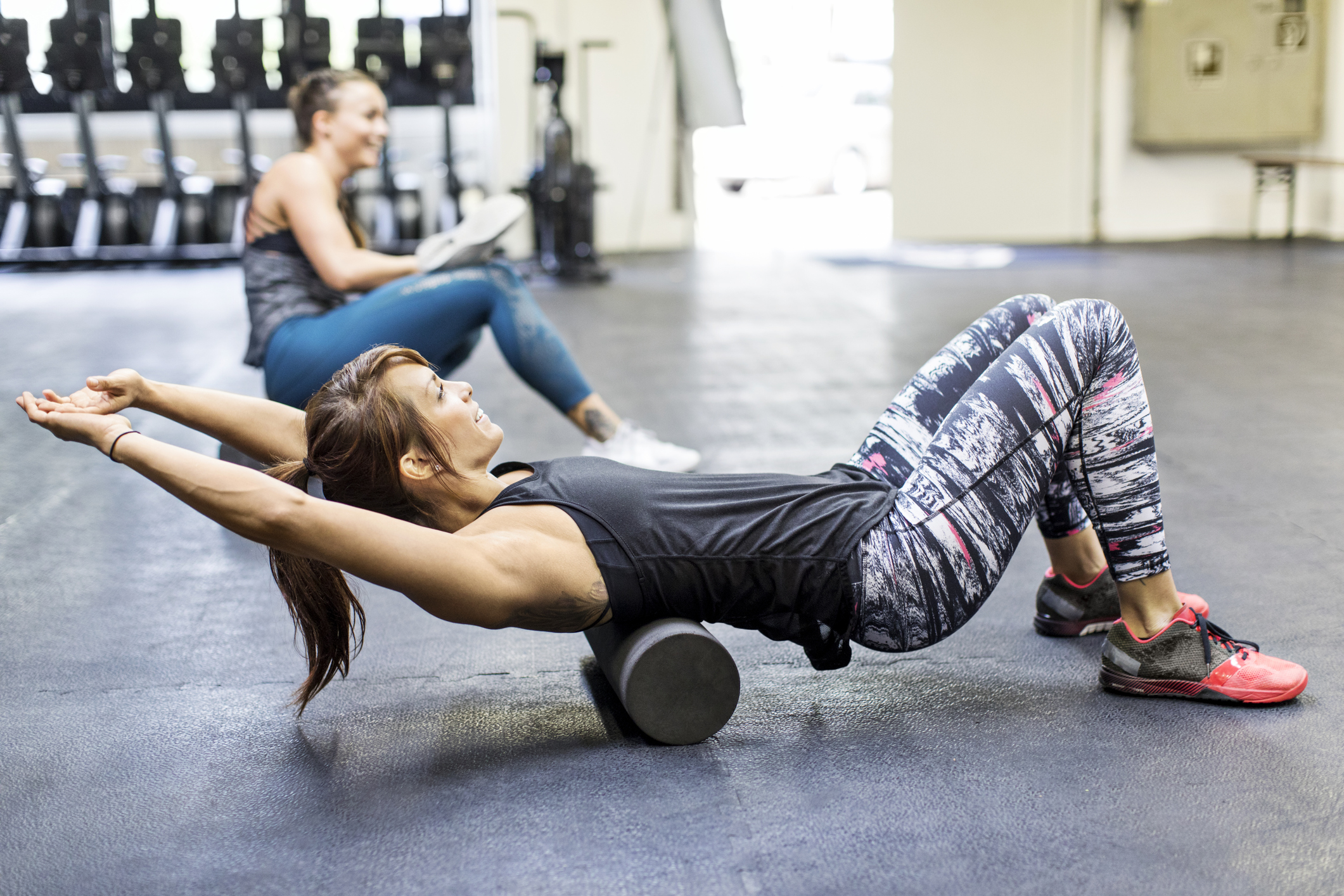-
Most people are surprised by what their physiotherapist can do for them. Yes, we provide physiotherapy, massage, Clinical Pilates, and personal training services – but the best part of our approach is the part about you, and achieving the outcome that you want.
We have lifelong, loyal clients that continue to come back to us, for instance, to tape their ankle so it holds up for the following week’s footy final, to provide an amazing massage to de-stress or relax aching muscles after work or play, or to help parents fit their kid’s school bag before the school term to avoid postural issues as they grow.
Here are just four things you may not have known that your physio could assist with.
1. Providing health advice
Your physio can help you become empowered, well informed, proactive and health savvy in choosing the right combination of food, sleep, physical activity and posture that is tailored especially to you. This includes prescribing the right mattress, pillow and ergonomic features of your desk chair or car driver’s seat. Ultimately all this advice helps to save you time, money and unnecessary pain.
2. Support and guidance
While you are the only one who can fundamentally change the way you move and feel, your physio can partner with you as your health coach through this journey. This involves the discipline of goal setting, weekly accountability, motivation strategies and positive psychology that good health relies on.
3. Treating incontinence
One in three women who have had a baby will experience incontinence, which typically results from weakened, stretched, torn, or other dysfunctions of the muscles in the pelvic floor. The encouraging news is that, with the right help, people consistently overcome incontinence and get on with a life of movement. It is a treatable condition that your physio can assist with, whether it be peri-natal exercise classes, post-menopausal services or Mums In Motion™ classes.
4. Supporting your feet
The biomechanics of your feet can have a direct impact on the rest of your body. A thorough physiotherapist will not just examine your feet checking for mobility, swelling and biomechanical problems, but should also look at your overall posture and gait. In our practices we have introduced the GaitScan™ assessment system. Your Back In Motion physio can analyse your foot mechanics and determine whether faulty foot function is the cause of your discomfort. Using this data, GaitScan™ can manufacture a custom orthotic moulded specifically for your feet which corrects your feet’s biomechanics.
To find a Medibank Members' Choice physiotherapist near you, visit our Find a Provider page.
4 things a physio can help with

-
Everything you need to know about parkrun
Been wondering what a parkrun looks like? Where do you go? What do you do? How do you sign up? Find out here.
-
Five ways to exercise when on a budget
You don’t need to spend money on gym memberships just to meet your fitness goals. Here are five free ways to stay healthy and active when you’re living on a budget.
-
How parkrun changed my life
Christie Farrow went from being an exercise-phobe to a true blue runner with parkrun.
-
Australia's top female athletes unite on ACL injury
Some of Australia's most talented athletes have joined forces to highlight the unique injury challenges women face.
-
How to create your perfect summer fitness plan
Be inspired by the sunshine and get moving
-
The essential foam rolling routine
Improve posture and flexibility with this essential foam rolling routine. Discover effective stretches to ease muscle tightness and enhance your daily movement.
Subscribe to receive the best from Live Better every week. Healthy recipes, exercise tips and activities, offers and promotions – everything to help you eat, move and feel better.
By clicking sign up I understand and agree to Medibank's privacy policy






